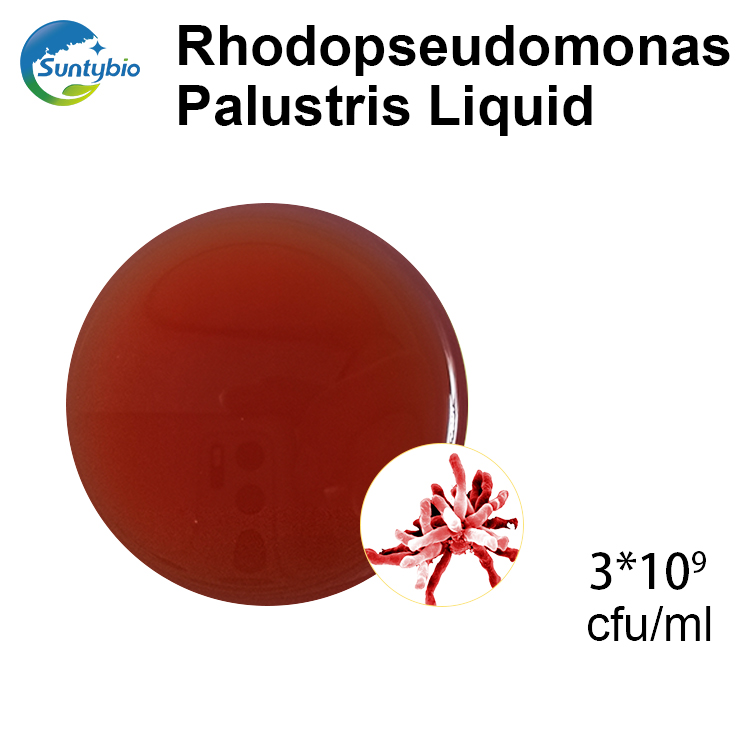High probiotic demand from farmers and the companion pet sectors are expected to boost the adoption of advanced probiotic technologies for animals.
Probiotic use in animal nutrition is widely accepted today. Rapid advancements in molecular biology and gene sequencing are helping researchers dig deep on finding new probiotic applications for animals, including in feed and in consumer-packaged health products for companion pets.
Probiotics are increasingly being added to commercial animal feed for cattle and poultry to alter the gastrointestinal flora and overall animal. Growing awareness among pet owners, cattle farmers, and hobbyists regarding the advantages of probiotics for animals health is a major opportunity for the businesses operating in probiotics manufacturing.

Over the last decade or so, there has been a significant rise in the adoption of probiotics in animal feed for farm animals like swine, cattle, horse, ruminants, and poultry. Using probiotics in cattle feed has shown beneficial results in terms of animal performance, digestion, and the immune system.
When introduced to feed in an appropriate quantity, live probiotic microorganisms can produce bountiful health benefits. For instance, ruminants see numerous benefits when probiotics are included in feed during weaning and at the beginning of lactation.
Another example: yeast helps stabilize pH and reduce the risk of acidosis among ruminants. Today, yeast is commonly used among swine, poultry, and monogastric animals. Yeast-based probiotics target the animal’s colon, caecum, and other areas-a hideout for diverse microbial populations.
The shift towards antibiotic-free meat is also expected to be a major factor driving businesses to discover safe and reliable tools for farmers. However, not all probiotics reduce foodborne diseases.
The bacteria most commonly used as animal-feed probiotics include Lactobacillus, Bacillus, Streptococcus, Pediococcus, Enterococcus, and Bifidobacterium. Most commercially available probiotics contain more than one species for maximum effect. Some also contain fungi and yeast stains.
The live cultures used in probiotics are available in vegetative form and spore form. Vegetative cultures are humidity and heat sensitive, while spore cultures are naturally strong when it comes to withstanding heat, antibiotics, and stomach acids.
Companion animals like dogs and cats are usually on high-carbohydrate diets. Similar to humans, their health and well-being depends on their gut microbe communities.
Probiotic bacteria strains help maintain healthy levels of good bacteria in the gastrointestinal tract, defending the gut against pathogenic bacteria. Probiotic ingredients also include spore formers and yeast-based ingredients. These additives help in vitamin production, management of toxins, destruction of harmful bacteria, effective digestion of fibers, and increased absorption of nutrients.
High probiotic demand from cattle farmers and the companion animal sectors are expected to boost the adoption of advanced probiotic technologies. Top players are investing hefty amounts in research and development to discover entirely novel products and applications. Nanoencapsulated probiotics are expected to create numerous opportunities for the industry in near future.
Apart from being gut flora stabilizers, probiotics are expected to be utilized for more applications in animals, including for increased immunity and reduced stress levels. Probiotics will also continue to be used to improve the quality of eggs and meat and can reduce salmonella. And, overall, the microorganisms used in probiotics are approved for animal nutrition and do not constitute a major hazard for animal health. They do not affect metabolic processes of animals as they are not transferred from intestines to other body parts.

Phone: +86-317-2135910
E-mail: Erica@stbiol.com
Address: Machang Town,Qing County ,Cangzhou City ,Hebei,China
Hebei Shuntian biotechnology Co.,Ltd.
Add:Machang Town,Qing County ,Cangzhou City ,Hebei,China
Tel: +86-317-2135910
E-mail:Erica@stbiol.com
© Copyright - 2018-2020 : All Rights Reserved.